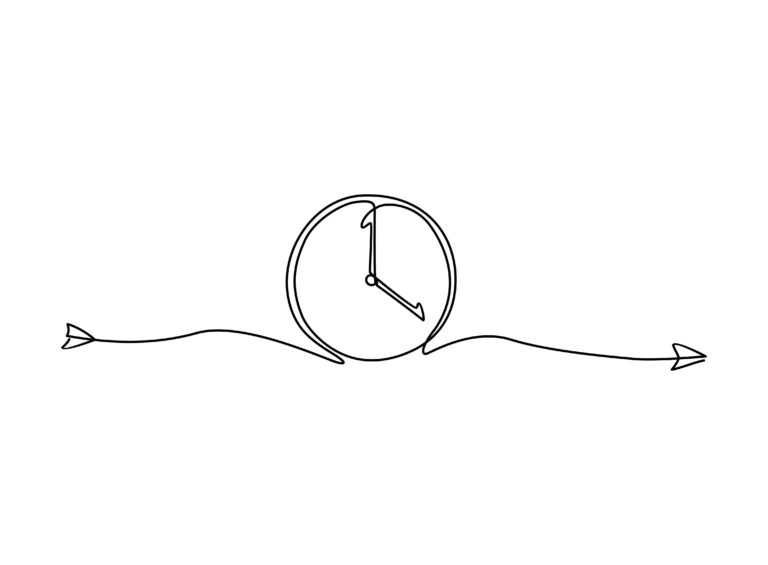Aging brings many changes to our bodies, and the digestive system is no exception. As we grow older, how well our body digests food and absorbs nutrients can shift in several important ways.
One key factor is that the gut itself changes with age. The stomach may produce less acid, which is needed to break down food properly. This lower acidity can make digestion slower and less efficient. The liver, which helps process nutrients and detoxify harmful substances, may also become less effective over time[3].
Another big change happens in the community of bacteria living in our intestines—known as the gut microbiome. When we’re young, this ecosystem is diverse and balanced, helping us digest food well and keeping inflammation low. But as we age, this balance often shifts: beneficial bacteria decrease while others that might promote mild inflammation increase[3][4]. This imbalance can affect not only digestion but also overall health since a healthy gut microbiome supports immune function.
Medications commonly taken by older adults can further influence gut health by altering bacterial populations or affecting digestion directly[3]. Lifestyle factors like diet quality, physical activity level, and sleep patterns also play a crucial role in maintaining a healthy digestive system during aging.
Because nutrient absorption becomes less efficient with age—due to reduced stomach acid production and changes in the gut lining—older adults might not get enough vitamins like B12 or minerals such as calcium from their diet alone[3][4]. This makes it important for seniors to focus on balanced nutrition rich in fiber and possibly consider supplements after consulting healthcare providers.
Probiotics tailored for seniors have shown promise in supporting digestion by helping restore some balance to the aging microbiome. These specific strains can aid digestive comfort, strengthen the gut barrier against harmful microbes, and support immune health[2].
In summary:
– Aging reduces stomach acid production making digestion harder.
– The liver’s ability to process nutrients declines.
– Gut microbiome diversity decreases leading to potential inflammation.
– Medications and lifestyle impact digestive health significantly.
– Nutrient absorption efficiency drops requiring attention to diet quality.
– Probiotics designed for older adults may help maintain better gut function.
Understanding these changes helps us take steps toward healthier aging through mindful eating habits, staying active, managing medications wisely, and possibly using targeted probiotics under medical advice. Keeping your digestive system strong supports not just nutrient uptake but overall vitality as you age.





